In-Depth: The Back-to-Basics Challenge
10 Share TweetTime and time again, we talk about the different ways in which photography continues to be a part of our lives. That's only natural in a community of photography enthusiasts and it's nice to see the discourse between different schools of thought. Our community is brought together by our shared love of photography and part of that is coexistence and accepting the fact that everyone is different and has their tastes when it comes to style and the gear they use.
Some like to use cameras with all the bells and whistles: viewfinders with different magnifications, high-speed shutters, wide ISO settings, lenses with ultra-crisp glass, apertures that go way up or down low, etc. On the other hand, some like to keep things simple by using cameras or other photo gear that can only do so much. Let's say a fixed focus camera, gear with slow shutter speeds, limited aperture, or even plastic lenses.
Limitations can develop skills and confidence
Something as simple as using a camera with a fixed ISO setting can help you achieve better results. Setting limitations for yourself as a photographer can open up new possibilities for you as an artist. Granted, you won't instantly become better once you limit yourself but with enough practice, you'll get there.
What may seem like obstacles in your work may be opportunities for you to learn more and develop your skill. Photography greats like Ansel Adams and Henri Cartier-Bresson, Vivian Maier, and Diane Arbus didn't get to become legends by solely relying on their gear. They worked around their limits and worked with the equipment they had.
You can adapt to situations faster and better
Don't have a tripod socket to use for night shots? Improvise by using a steady surface or use a make-shift tripod. Don't have a zoom lens? You probably don't need that either if you're going for street shots. Don't have a built-in light meter? Good. Now's the time to master the Sunny 16 rule. Some basic cameras and lenses can force you out of your comfort zone and that can be a good thing if you want to move forward with your work.
As a photographer, you will most likely find yourself in situations that are not ideal for the perfect shot. However, by learning how to make do with what you have, you have a better chance of capturing well-composed and framed images.
Challenges can refresh the way you take photographs
Speaking of comfort zone earlier, it can be tempting to stay within your current style and working habits but sometimes you might feel you're stagnating. Things can feel like a burden if you do them again and again for a long time. You need something to break your routine and get you back on track. One way to do that is by using gear that just forces you to be more creative in the way you do things.
Going from a fully set up 6x7 camera to a simple Holga or even a homemade pinhole camera can break this monotony. Of course, you can't expect to get the same pro photographer quality of portraits from a more basic camera but you can choose a different subject that will match the gear you have. Think outside of the box and steer away from your usual stuff. You might be surprised at how liberating it can all feel.
An expensive camera or lens won't automatically make your images better
Some of you might frown upon reading this but hear us out first. While it is true that you don't get the same image quality from a Hasselblad and a simple point-and-shoot, a bad image is a bad image regardless of the camera you have. What we mean by this is YOU are the factor that changes the outcome of the shot, not just the camera. You, as the photographer, define what the final image will look like. It will always depend on you as the artist, creative, and image maker.
Everyone has a "holy grail" piece in mind—the ideal setup that shoots clear and crisp images on command, a combination of features that make all the difference in the world, and so on. It's not wrong to have a dream setup. Just don't blame everything on the camera if you can't get the image that you have pictured in your mind. Work for it and build your skill so you can make better images even with a simple camera.
You get to learn new things about yourself and your style
Learning is a constant in our lives, not a phase. Things will change and so will you. As your journey as a photographer progresses, so will your techniques and preferences. The only way to know if you like or dislike a certain kind of style or gear is if you try it. Keeping an open mind is always something that we can recommend especially with film photography. There are a lot of ways it can still surprise you even after years of trying out different stuff.
Switching back to basic cameras can let you confront old fears long forgotten. Not comfortable with street shots? Time to get up close with a point-and-shoot. Has zone focusing always been your weak link? Now's the time to try it again. You just never know what you'll discover about yourself as a photographer once again. So go ahead and embrace the challenge. You owe it to yourself.
Of course, we're not telling you to abandon your favorite setups and simply pick up the first bare-bones camera you can get your hands on. All we're saying is that there's more to photography than just the gear you carry. A good photographer will always be able to capture nice shots even without their favorite setup. Your gear can only take you so far. The rest is entirely up to you.
How about you? What do you think of basic cameras and photo gear? Do you think it's all about the gear or is it more about the photographer? Sound off in the comments section below!
written by cheeo on 2022-10-09 #gear #culture #in-depth #analogue #photography #back-to-basics #in-depth #basic-gear #thought-piece



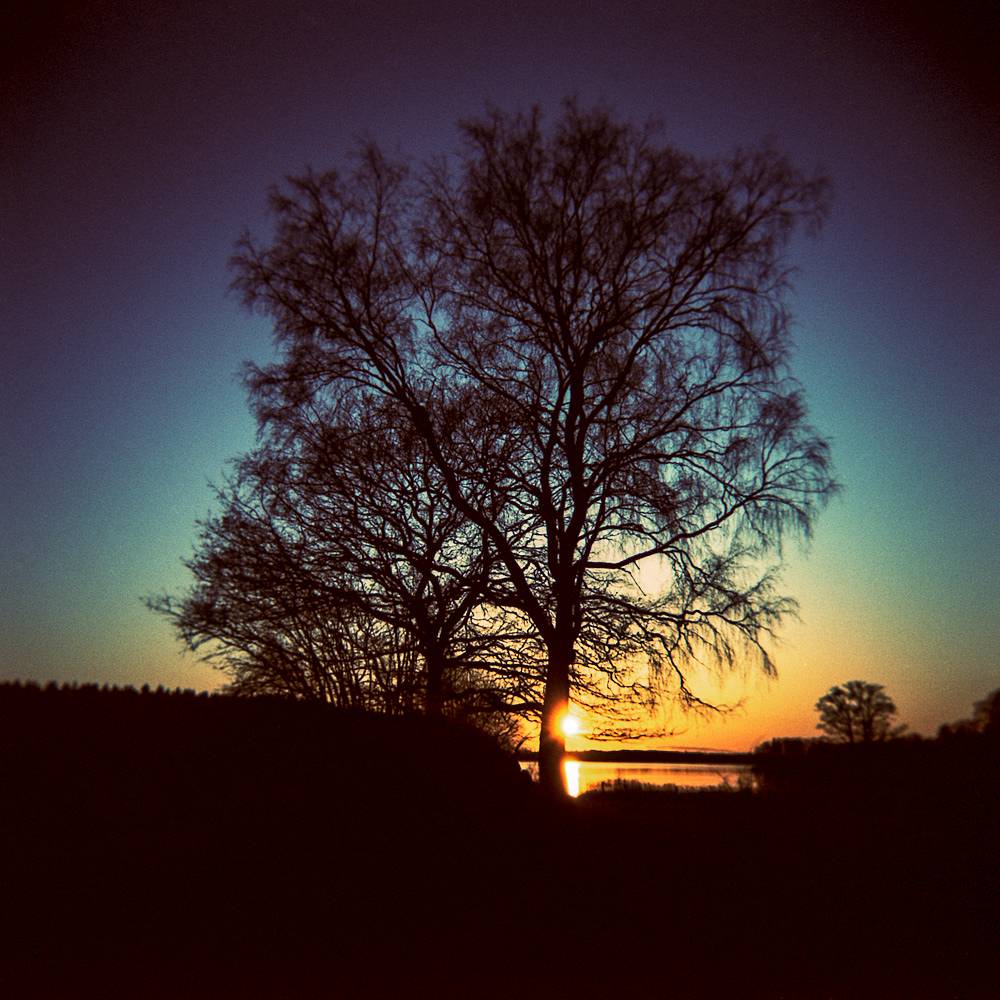
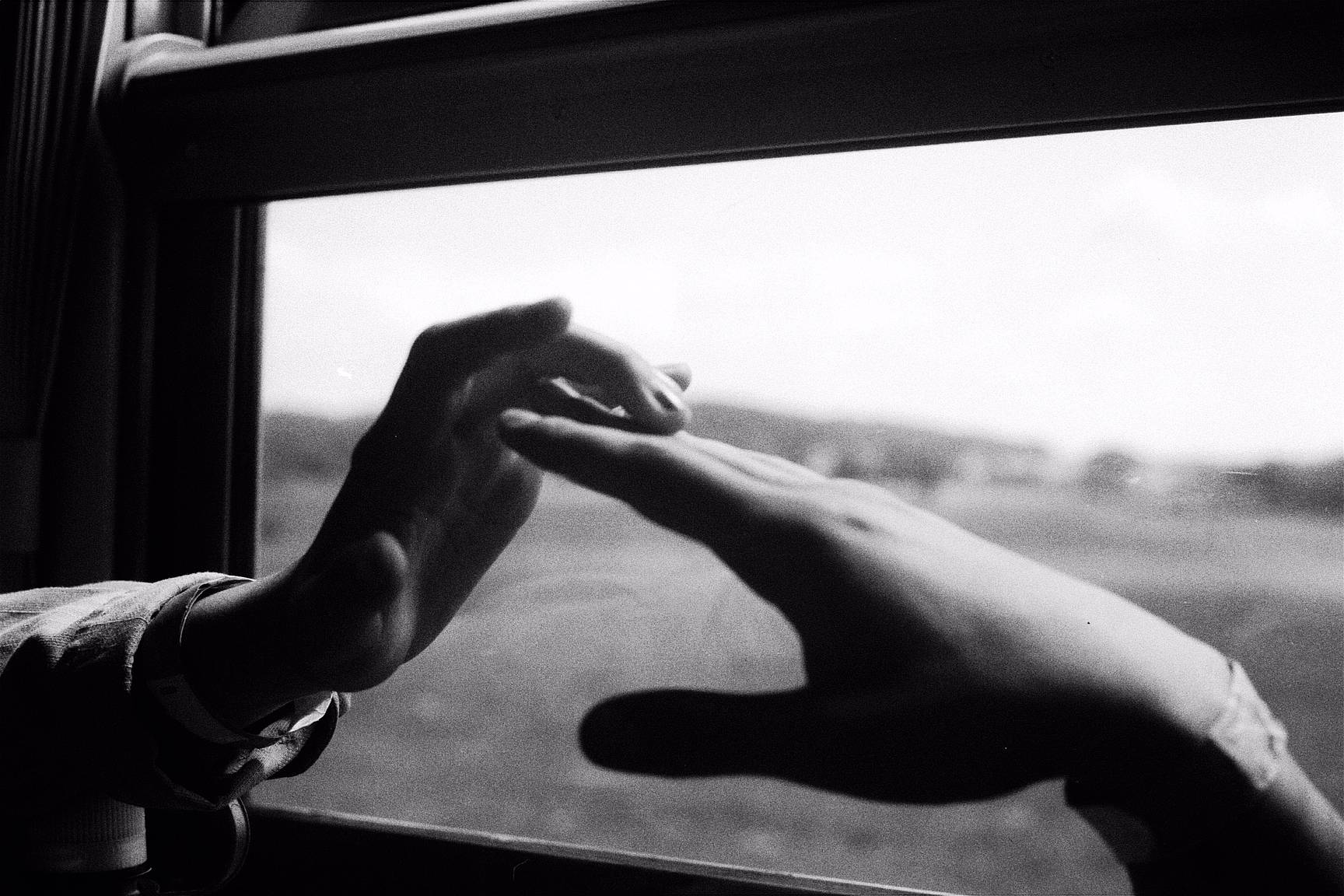







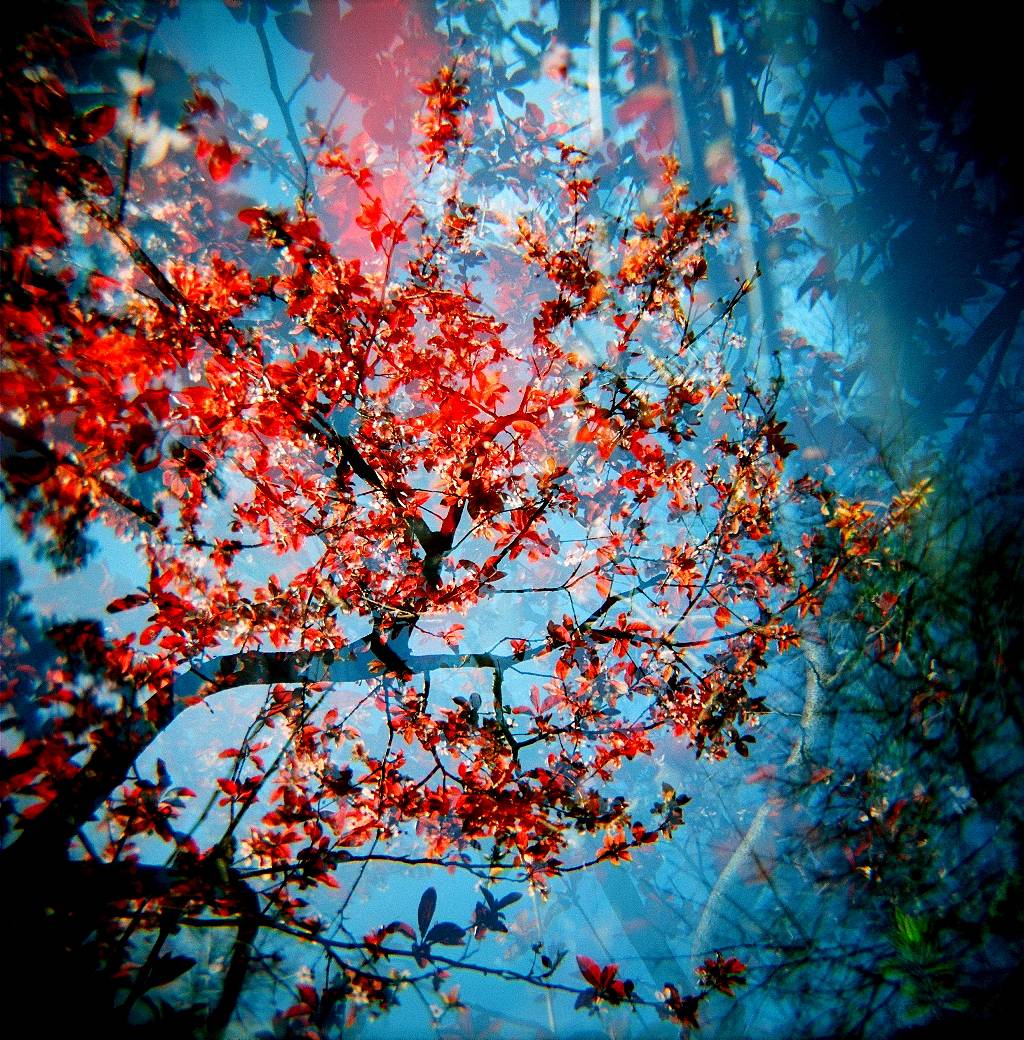
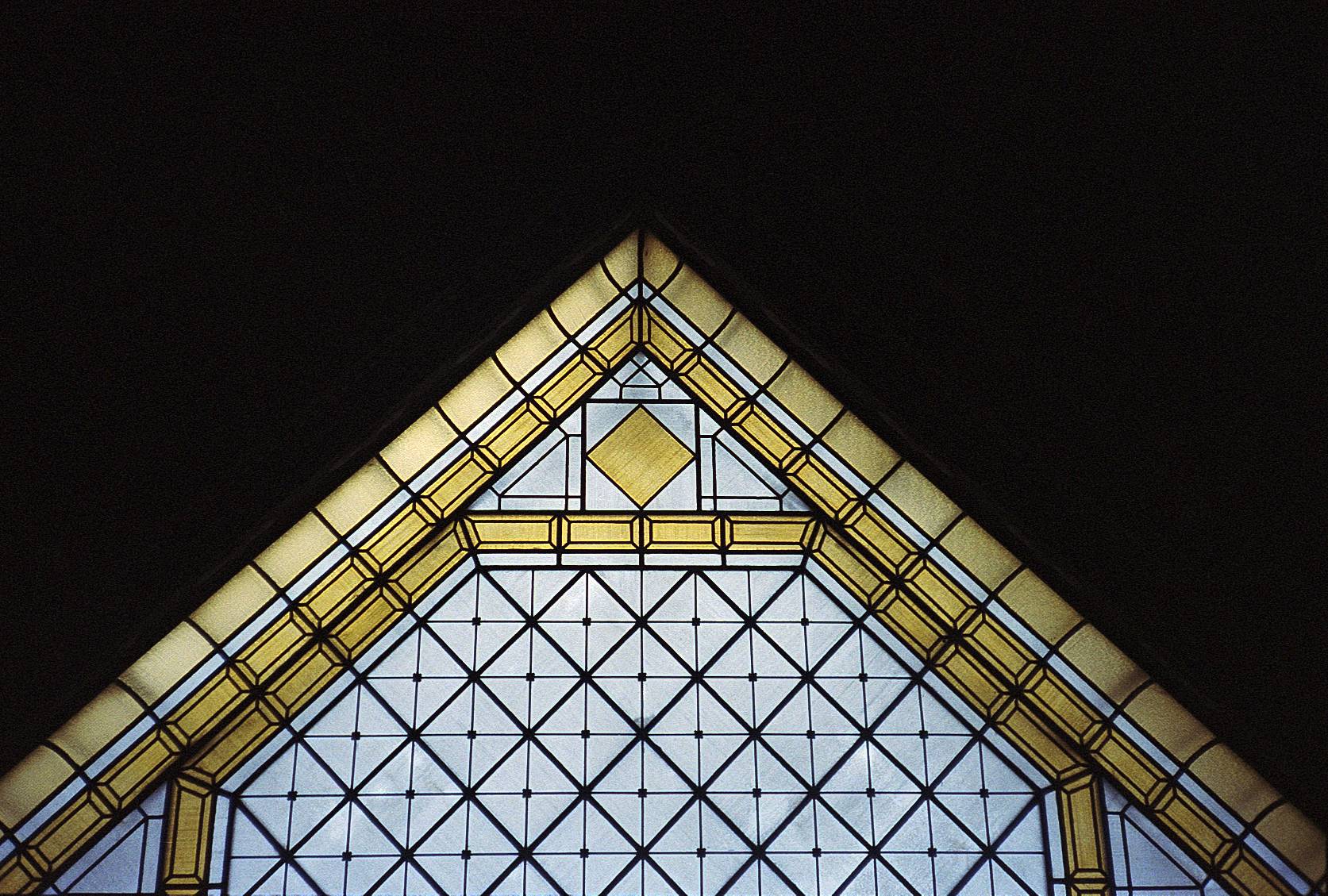
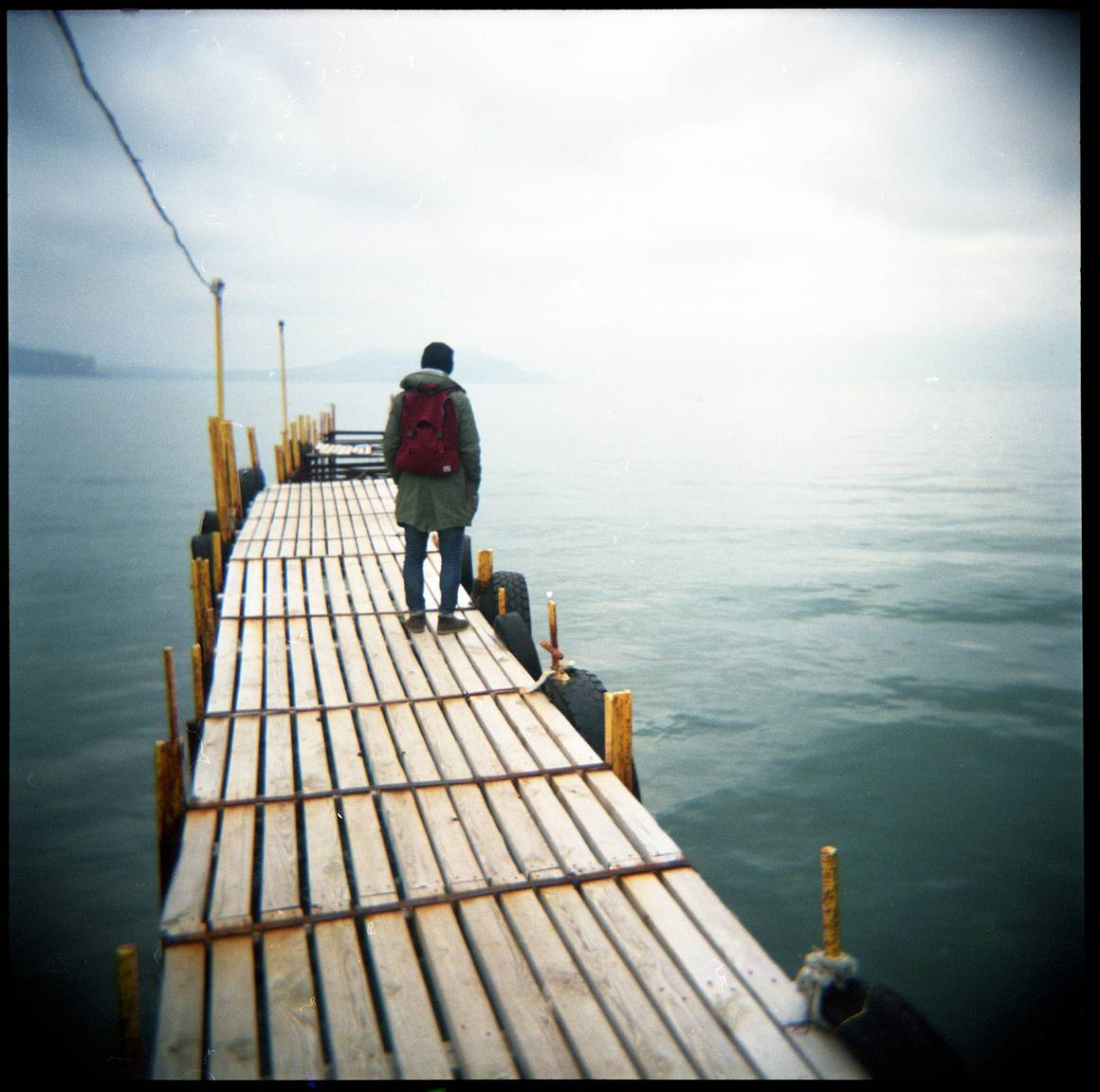



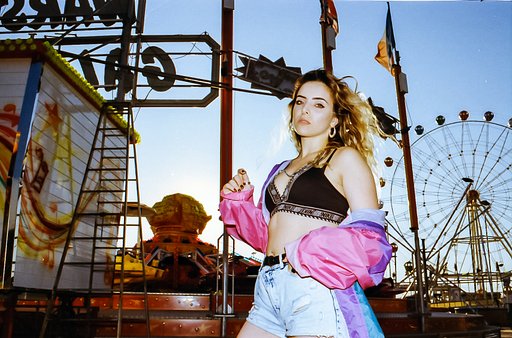


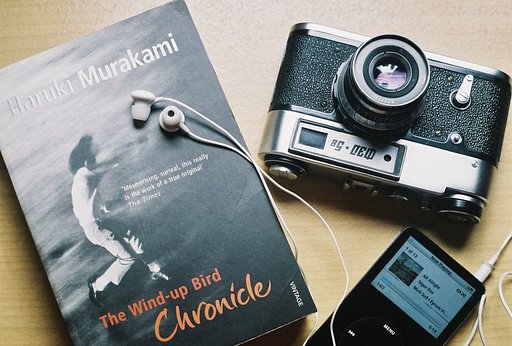

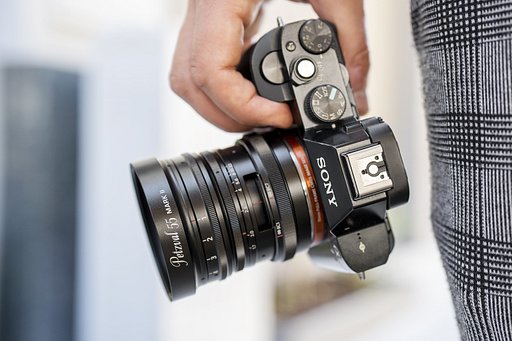
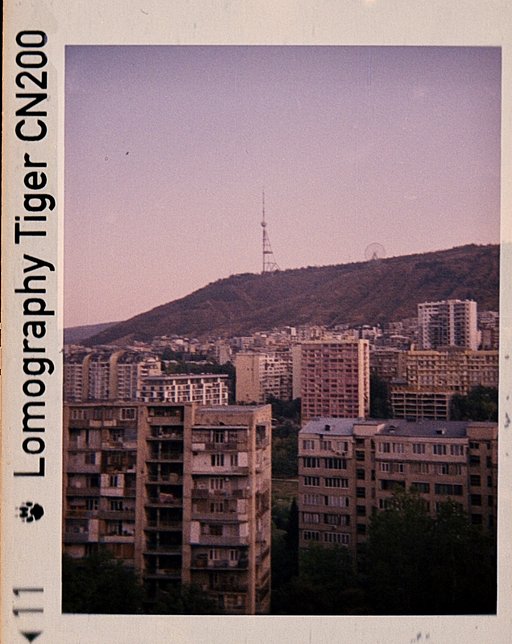



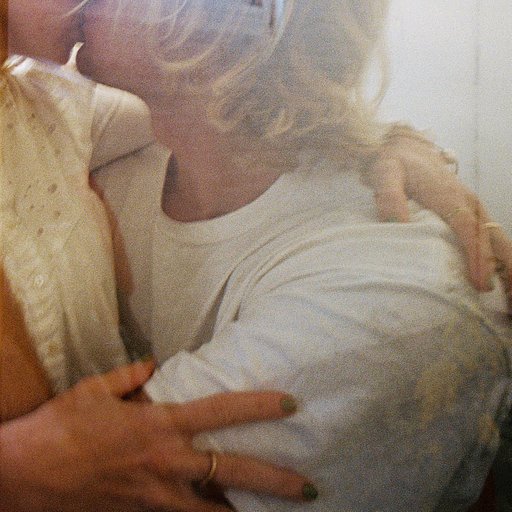


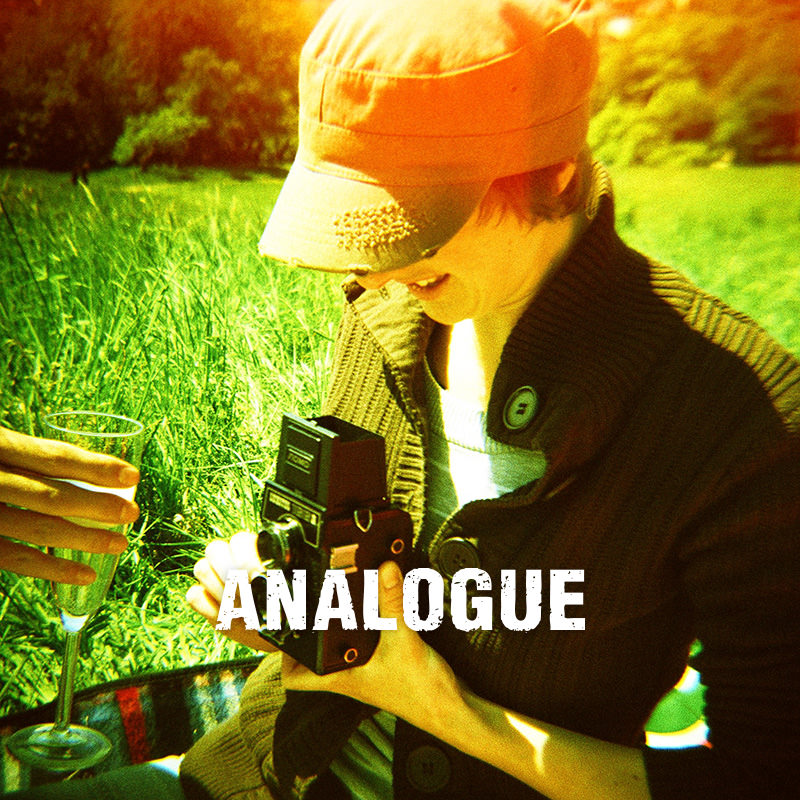
No Comments